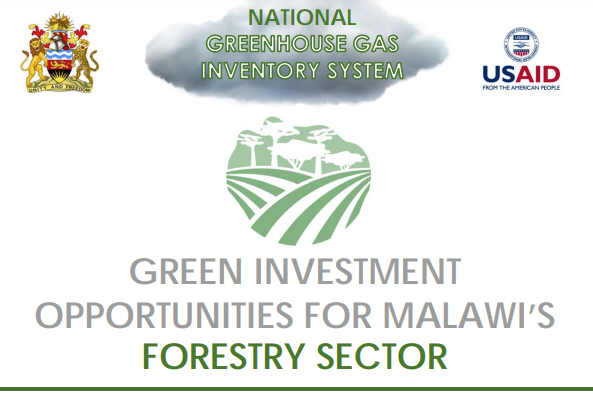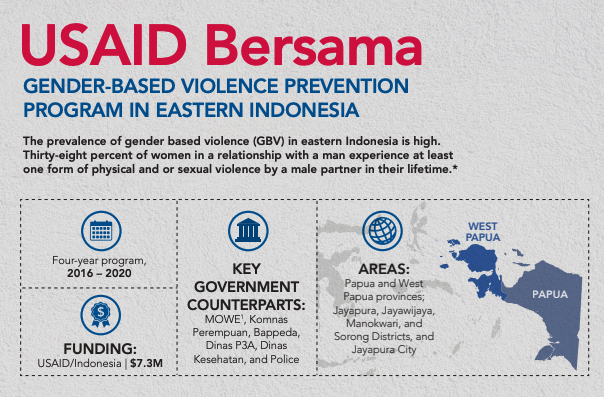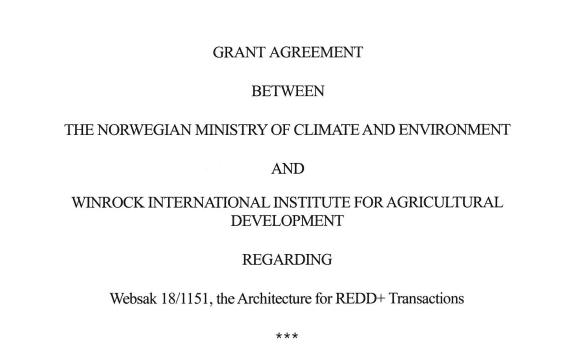Resources
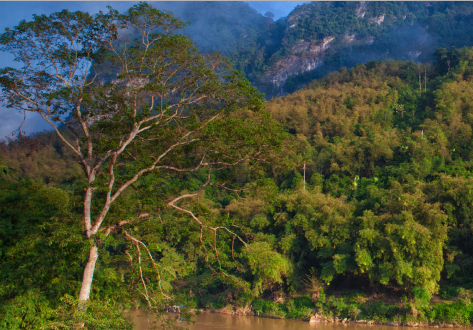
Carbon Payments for Environmental Services (C-PFES)
Local companies that emit large amounts of greenhouse gases (GHG) pay forest owners to plant or maintain healthy forests which absorb and store GHGs. Activities such as burning coal to generate energy and cement production contribute to the high concentrations of GHGs in the atmosphere that are causing climate change, which is already having negative […]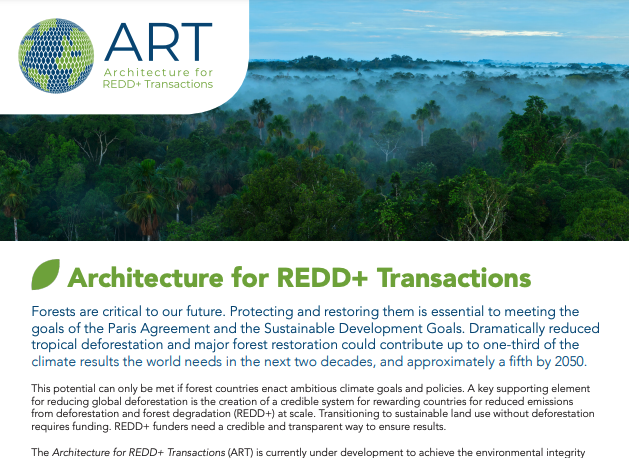
Architecture for REDD+ Transactions Brochure
ART is governed and managed by globally recognized, independent, objective experts including a Board of Directors and a Secretariat, who are supported by expert technical committees. By ensuring the highest environmental and social standards, ART will give confidence to participants and channel long-term finance to countries reducing their emissions from tropical deforestation.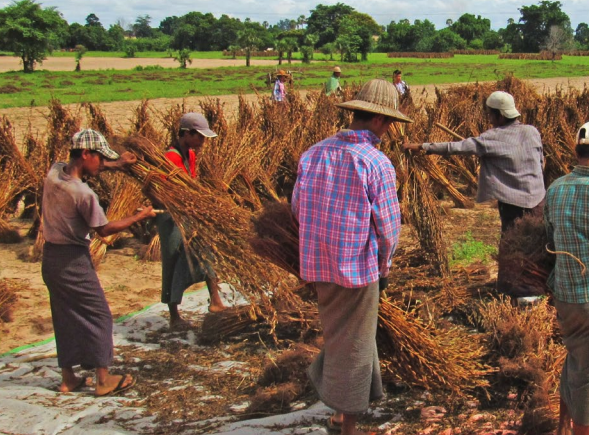
Sesame Gap Opens the Door to Better Prices and Market Linkages for Smallhoder Farmer
This study is made possible by the generous support of the American people through the United States Agency for International Development (USAID). The contents are the responsibility of Winrock International, prepared under contract by Lorene Flaming, with contributions by the VC-RD team, including Nimish Jhaveri, Nyein Chan, Khun Soe Moe Aung, Anne-Claire Degail, Tim May, […]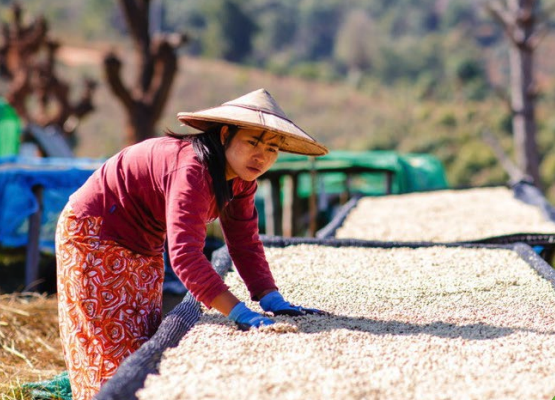
Myanmar’s Specialty Coffee Makes it to the Top Shelf
This study is made possible by the generous support of the American people through the United States Agency for International Development (USAID) . The contents are the responsibility of Winrock International, prepared under contract by Lorene Flaming, with contributions by the VC-RD team, including Nimish Jhaveri, Anne-Claire Degail, April Su Yin Nwet, Ko Ko Win, […]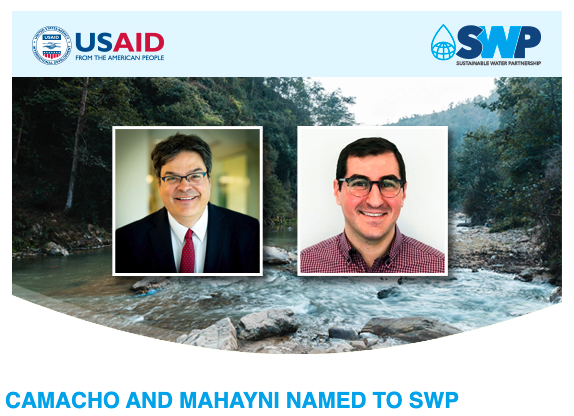
May 2019 SWP Newsletter
The Sustainable Water Partnership (SWP) is pleased to announce the additions of Rodolfo Camacho and Basil Mahayni to our team as we work to enhance water security around the world. In This Issue: – Camacho and Mahayni Named to SWP Leadershipo – Charting a Road Map to Water Security – Preserving Water in His Homeland
Bringing Technology to Lam Dong
Lam Dong’s Forest Protection and Development Fund (FPDF) manages one of the largest provincial funds in the country. Annually, the payment for Lam Dong forest owners is about 8.7 million USD for 16,000 contracted households, of which nearly 80% are ethnic minority people. In the past, most of these payments were made by cash – […]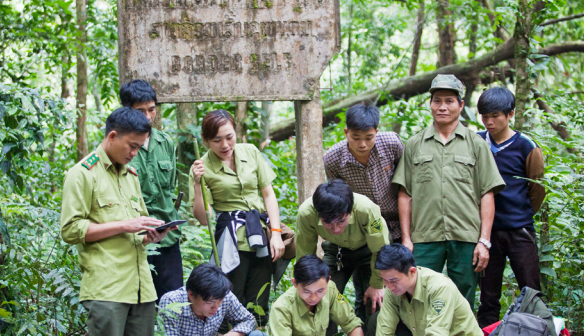
Data Editing Tool – Simplifying Life for PFES Managers
One of the biggest challenges for payment for forest environmental services (PFES) managers is processing the massive amounts of data generated at the time of PFES payment on forest owners’ names, forest area, forest cover change, and payment rates. Staff must manually review thousands of records, identify any errors, and validate situations where one forest […]